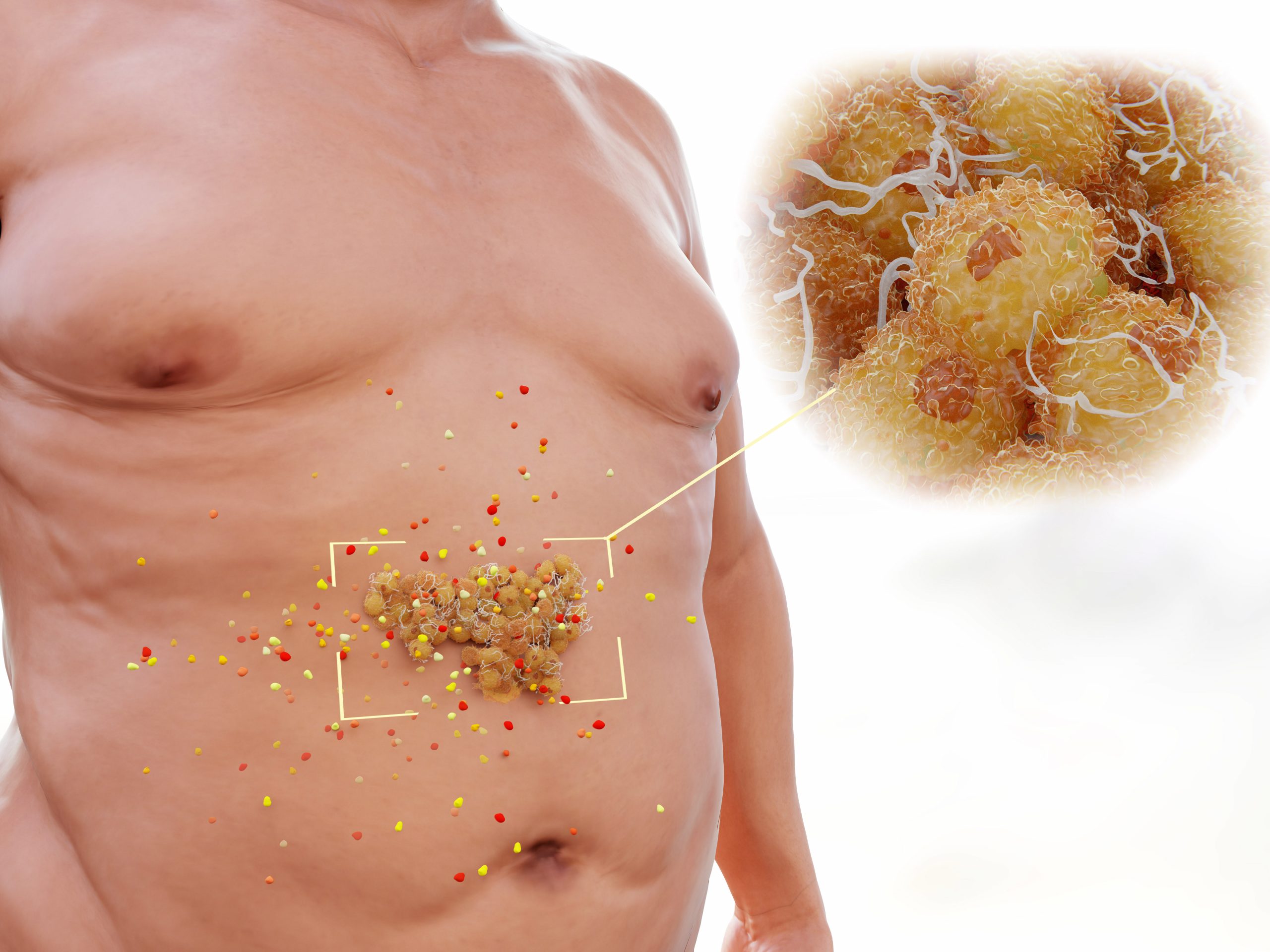Saturated and unsaturated fats are two of the three main types of fats, including trans fats. Knowing the differences between the two helps you make informed and wise dietary choices.
The modern world is characterized by knowledge availability, which despite helping consumers get informed, sometimes creates total confusion. For instance, various health bodies and studies have varied opinions about saturated fats, with some claiming that their consumption increases heart disease risks. Still, others hold that saturated fats, despite influencing heart disease risk factors, have nothing with the disease itself. Well, what are saturated fats, and how do they differ from unsaturated fats? Peer into this article to have your questions answered.
You need fats
Over the last few decades, fats, especially dietary fats, have earned a bad rap, specifically because of the increased risks of different diseases like diabetes, obesity, heart disease, and various cancers. In fact, the American Heart Association and the Food and Drug Administration (FDA) have offered strict guidelines against trans fats and have advised that people limit their saturated fat intake to less than 10%. Despite all this, the body needs fats. Some minerals and vitamins cannot be absorbed into the body without fats.
Furthermore, fats may help maintain good health. Why is that the case? Whenever fats are removed from certain food, especially the processed ones, they are often replacedwith carbohydrates and refined sugar. These have far worse effects, directly increasing the risk of obesity, heart disease, and other lifestyle conditions. Therefore, while low-fat foods may seem like a suitable alternative, they could be worse due to their sugar content.
What you need to know about trans-fats
Admittedly, trans fats or trans fatty acids are the worst fats, and this has been confirmed by many studies and health bodies. They refer to the vegetable oils heated in hydrogen and a catalyst to make them stable and not break even after several heating occasions. Due to their outstanding thermal stability, trans fats have formed the core of restaurant fats and are featured in many foods, from baked goods to processed and fried snacks.
Although processed foods seem to be the main source of trans fats, dairy products and beef also feature them, although in small proportions. In 2015, the WHO and FDA deemed trans fats ‘unfit for health and not safe,’ and recommended that they phase out from the mainstream market by 2023. This is because they cause inflammation, negatively affect insulin sensitivity, making it resistant, and can increase heart disease risk by close to 23%. Because of these risks, you may feel like completely cutting off fats from the diet. Before doing so, know the difference between saturated and unsaturated fats, the gist of this article.
Saturated fats
A lot of bad raps have accumulated around saturated fats, fats with only single carbon bonds between the fatty acids and with hydrogen saturation, hence the term ‘saturated.’ You will find these fats often in chicken and pork products, beef and lamb, dairy products, including milk, yogurt, cheese, and kernel, palm, and coconut oils. With the exceptions of the last three mentioned oils, most saturated fats are solid at room temperature, a quality they have because of the hydrogen saturation. Cream, cheese, and shortening also harbor saturated fats.
What do studies say about saturated fats?
If we are to rely fully on what studies have about saturated fats, we definitely will get confused, probably cutting out these fats from our diet completely. This is because the study results are all mixed and inconclusive, and no consensus has been reached. In fact, the confusion is even worse regarding the relationship between saturated fat intake and heart disease. Most studies, especially the observational ones, claim that taking saturated fats increases your risk for heart disease, something not supported by all studies. However, one thing that goes unquestioned is that saturated fats increase the levels of low-density lipoprotein (LDL) cholesterol, one of the heart disease risk factors.
Furthermore, saturated fats lead to weight gain, as they accumulate in the lower belly and form visceral fats. Still, this does not have a direct connection to heart disease. In fact, a study conducted in 2014 that reviewed more than 32 research items, including 27 clinical tests, showed that there is no direct connection between heart disease and saturated fat consumption. It added that while the consumption increased the bad cholesterol levels and boosted that bad to good cholesterol ratio, it doesn’t necessarily increase heart disease risk. Besides, saturated fats are just a drop of the diet, and a holistic study that examines all dietary aspects, including every food one eats, and their quality might help solve the mystery.
Unsaturated fats
These are the other type of fats, consisting of at least one double or triple carbon bond between the fatty acids. They are naturally loose, which is why most of them are liquid at standard room temperature. They are divided into two;
- Monounsaturated fats; have at least one double or triple carbon bond and include avocado, olive &peanut oils, and most seeds & nuts. Most health agencies link them to a reduced risk of cardiovascular problems and recommend them in the diet.
- Polyunsaturated fats; are closely linked to clotting and muscle functionality. They are divided into two; omega-3 fatty acids, which are great for heart health, and include walnuts, hemp, sunflower & chia seeds, fatty fish (tuna, mackerel, sardines, and trout), flax & flaxseed oil, and oysters. The other category is omega-6 fatty acids, which despite being necessary, their excessive consumption may cause inflammation and obesity. They include walnut, corn, sarf, and soybean oils.
Conclusion
Over the recent past, fats have been mislabeled since more studies link them to lifestyle conditions. While trans fats are unhealthy because of their increased risk of heart disease, inflammation, and insulin resistance, moderate amounts of unsaturated fats are needed for heart health, blood clotting, and cognition. There is no consensus on the relationship between saturated fats and heart disease, and more holistic studies are needed for reliable conclusions.









